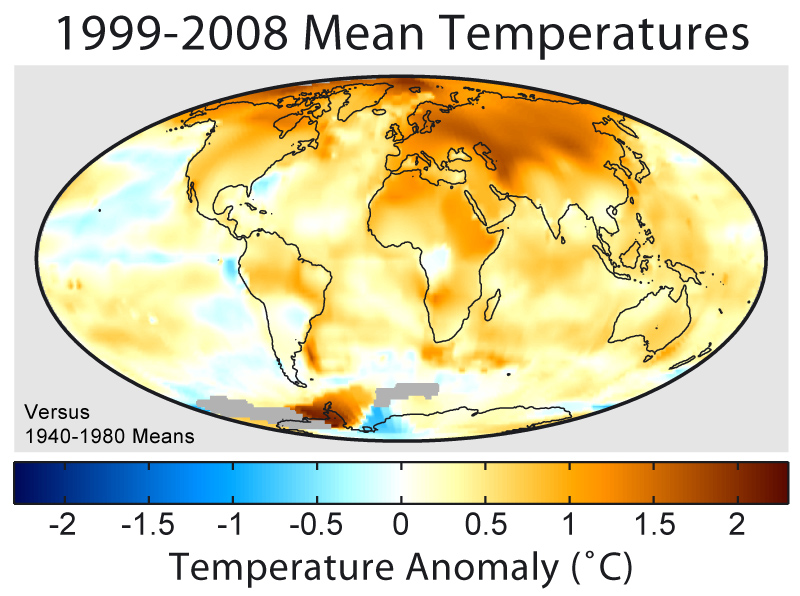Climate Science Essentials
Definitions

You know what weather is. It is the how the temperature, precipitation and wind are looking when you walk out the door in the morning. Is it cloudy? Is it hot and windy?
Climate, however, is a measurement of long-term average conditions in a location. You could think of it as the average weather over a long period of time. For example, you might talk about the average of winter low temperatures over 20 years and how it has changed. That is a factor in climate.
You will often hear the terms “global warming” and “climate change” used interchangeably. The two terms do have a lot of overlap in meaning for how we will be using the terms in this course.
Global warming usually refers specifically to the rise in global average temperatures that is widely beileved to have anthropogenic roots (i.e. be human-caused). Average heating of the planet has different local effects on weather that can range from extremely wet winters to long summer heat waves. Do not confuse these terms with the greenhouse effect.
Climate change also often refers specifically to the anthropogenic changes in the globe’s average temperature, with different localized effects. When we use it in this course, most of the time this is the usage of the term to which we will be referring.
It is important to understand, though, that, depending on context, “climate change” can have a broader meaning. Any change in long-terms patterns of temperature, precipitation, wind patterns or similar factors constitutes climate change. So, climate change can refer to changes like the postulated cooling of the Earth 65 millions years go, after an asteroid hit and threw substantial debris into the atmosphere, blocking some of the sun’s radiation.
Once you understand these definitions, answer the questions below.
This refers to how certain gases in the Earth's atmosphere retain energy from the sun's rays by trapping infrared energy (as in the Climate 101 video). The greenhouse effect has existed for millions of years, and is necessary for the Earth to be warm enough to maintain life. When we INCREASE the greenhouse effect by increasing the proportion of greenhouse gases, we experience global warming.
